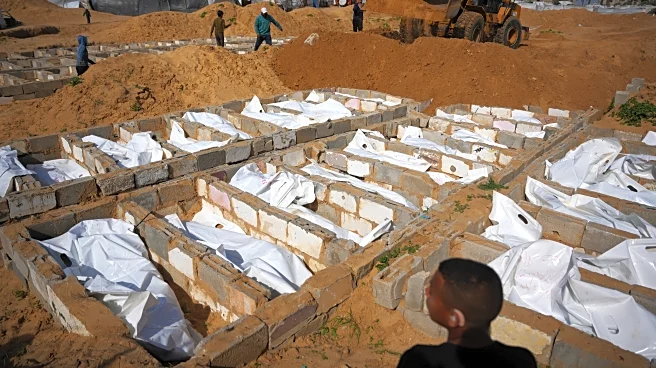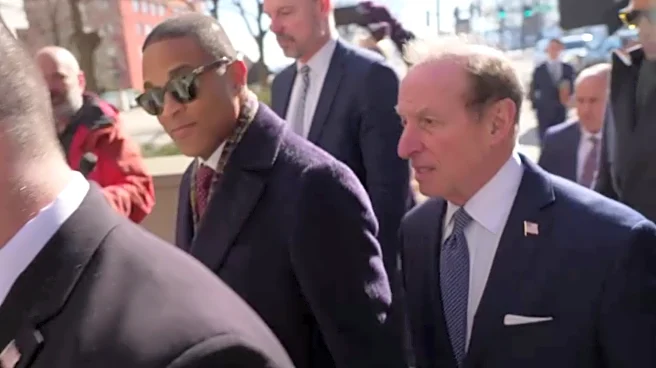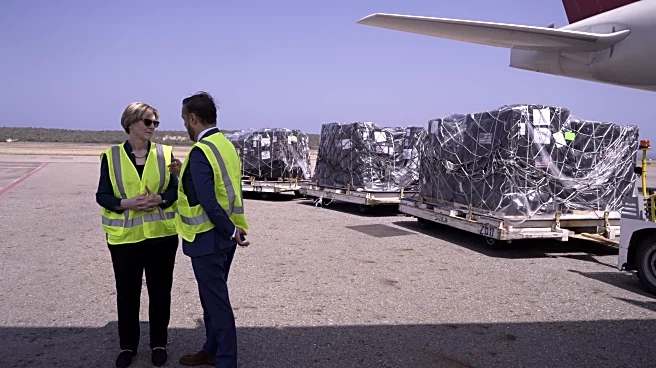By Allison Lampert, Doyinsola Oladipo and David Shepardson
WASHINGTON (Reuters) - Airbus CEO Guillaume Faury said on Tuesday that the situation of completed airframes waiting for delayed engine deliveries
has improved, but the European planemaker continues to need more engines as it doubled down on a delivery target for the year.
In July, Faury said the number of what the industry calls gliders had risen to 60 and that the delays now involved Pratt & Whitney on top of earlier problems with CFM
"We're still in the same situation," Faury told reporters on the sidelines of the U.S. Chamber of Commerce's Global Aerospace Summit in Washington. "It has slightly improved, but there's still a lot we need to get from the engine makers between now and let's say, the end of November."
Faury told the gathering that engines remain the most challenging part of the aerospace supply chain, even as he reaffirmed a company target to increase jet deliveries by 7% to 820 in 2025.
Still, Faury said he remains confident that engine makers will be able to support Airbus' planned ramp-up of aircraft deliveries. RTX, the parent company of Pratt & Whitney, declined to comment.
"We see that they are managing those issues, that they are mostly behind them," he said.
"But as long as we don't have the engines, we know there is still uncertainty remaining."
The gathering of aerospace executives comes as the industry wrestles with U.S. tariffs on plane parts from some countries, softening inbound U.S. travel demand, shortages of air traffic controllers, and the second bankruptcy filing of budget carrier Spirit Airlines.
Faury also said the world's biggest planemaker is watching the market in China, where Airbus is progressing toward the opening of a second assembly line at the end of 2025. Faury said he is happy to see the recovery of demand in the fast-growing market for long-distance flights.
Earlier in the day, Federal Aviation Administration Administrator Bryan Bedford told the gathering that revamping the U.S. air traffic control system would not be "an easy undertaking," after Congress approved an initial $12.5 billion to overhaul the United States' aging air traffic control system.
The FAA's air traffic control network's woes have been years in the making, but high-profile mishaps, close calls, and a catastrophic crash in January between a U.S. Army helicopter and a regional American Airlines jet that killed 67 people have raised public alarm.
"These are things that can practically take years to accomplish," Bedford said.
(Reporting by Allison Lampert, Doyinsola Oladipo and David Shepardson in Washington; Editing by Mark Porter, Rod Nickel)










